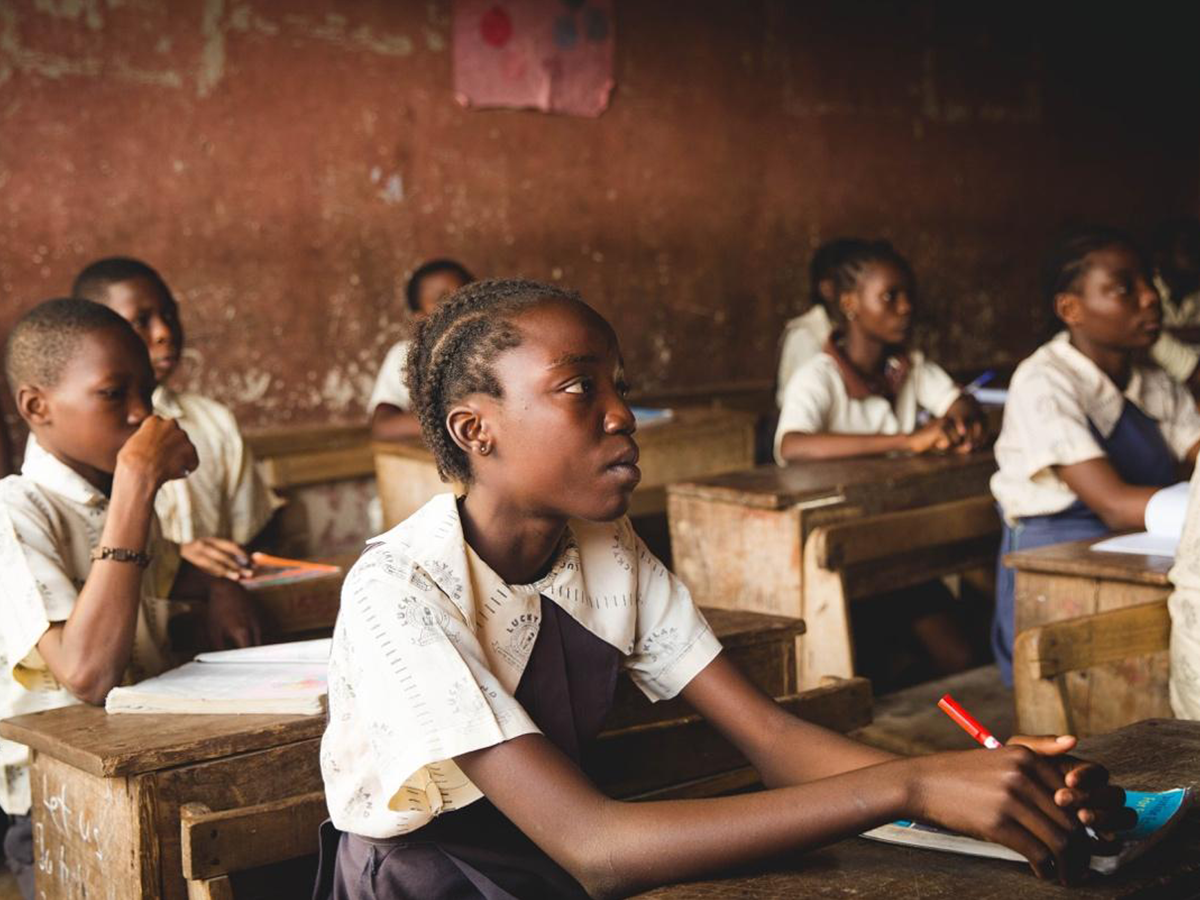Aid organizations stand by Feminist International Assistance Policy after scathing Global Affairs Canada audit
Why It Matters
Empowering women and girls doesn’t just build equality, it fights climate change, promotes human rights and lifts families out of poverty. But tracking progress has proved challenging.

Organizations working to support the rights of girls and women around the globe are voicing support for Canada’s Feminist International Assistance Policy after the release of a scathing report by the country’s Auditor General.
“The launch and the implementation of the Feminist International Assistance policy has been a huge undertaking,” said Kate Higgins, CEO of Cooperation Canada, an umbrella group for organizations working in international co-operation and assistance. “We know that Canadian international assistance is helping save and change lives around the world every day.”
But a report tabled by Canada’s Auditor General, Karen Hogan, in late March found incomplete and missing files made it “impossible” for Global Affairs Canada to “to accurately track and report the overall outcomes of funded projects against the goals stated in the policy.”
Since 2017, Canada has spent an average of $3.5 billion each year on bilateral development assistance with the aim of improved outcomes for girls and women in low-and middle-income countries.
The audit also found that, while Global Affairs Canada consistently exceeded its 80 per cent spending commitment for projects integrating gender equality, the department did not meet its target for projects with gender equality as the main objective or its commitment that 50 per cent of bilateral funding go to projects in sub-Saharan Africa.
Of the 26 indicators the department created to monitor progress, only two measure actual outcomes, the auditor general noted.
International Development Minister Harjit Sajjan said he accepts all recommendations made in the Auditor General’s Report on International Assistance in Support of Gender Equality and that Global Affairs Canada is putting new information systems in place to better track and manage performance indicators.
“We know that Canada’s international assistance under the FIAP has achieved results and helped to improve the lives of people – especially women and girls – in the countries in which we work,” he said. “But we agree with the OAG that we must do better at reporting on and communicating these results.”
Those working in the international development sector agree that, while Global Affairs can and should improve its information management practices, Canada’s efforts to improve gender equality are paying off.
“I think the challenge we see is that a lot of the reporting burden for organizations is really around bean counting, tracking exactly how every single dollar is spent, did you stick to the plan exactly,” said Cooperation Canada’s chief operating officer, Shannon Kindornay, “versus asking, did you actually achieve an outcome that we agreed to achieve?”
Cooperation Canada is working with Global Affairs the department modernizes its internal information management systems and funding protocols. Kindornay said the international assistance and development sector would like to see a “more flexible” approach to how funding is allocated, as well as how impact is evaluated.
Julia Anderson, CEO of CanWaCH, which represents more than 100 Canadian NGOs, research institutes, as well as private sector organizations working to advance the health of women and children globally, said transitioning from contribution agreements to grants would create efficiency for both Global Affairs and the organizations it funds.
The current contribution system is heavy on box-checking and limits the ability of charities and non-profits to pivot in response to geopolitical or climate events, she said. Contribution agreements tend to focus on programming details and line items, like postage stamps, rather than broader policy goals.
“The shift from programming via contribution agreement to programming via grant, I think could have a tremendous impact,” Anderson said. “The grants model looks at you as an institution, looks at your financial risk assessment, looks at whether you have a demonstrated ability to deliver results … it’s almost like an interview process.”
Equality Fund co-CEO Jess Tomlin said systems change takes time — sometimes centuries — and that project cycles lasting a few years tend to generate surface level solutions. Adopting a truly feminist international assistance policy means challenging old ways of viewing international development and recognizing structural constraints and barriers that stand in the way of progress, she said.
“We are really taking a long view and have dismissed the idea that we can have really significant transformational change within the confines of a project cycle,” she said. “To expect developing countries to do that is actually setting them up to fail.”
Change is beginning to happen within the department, Tomlin said, adding a decolonized local development agenda rooted in feminist values is not only possible, but beginning to take hold within Global Affairs. She hopes the Auditor General’s report doesn’t diminish that momentum.
